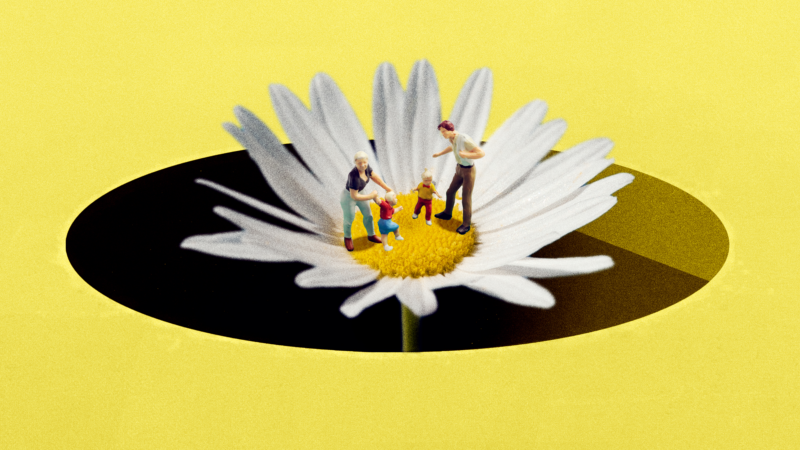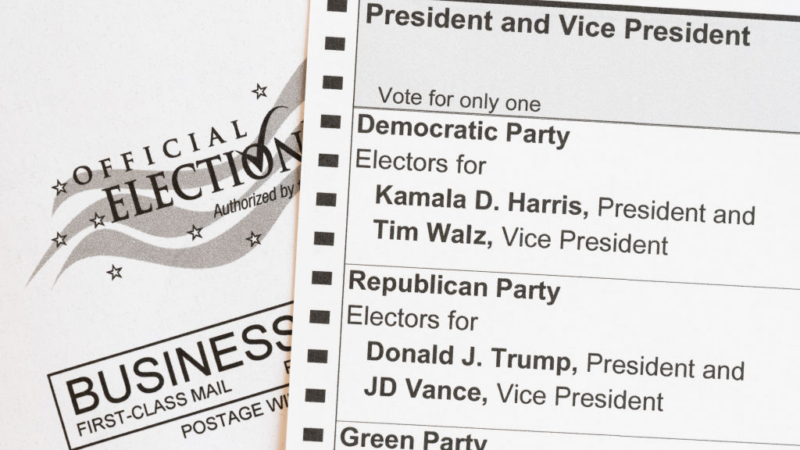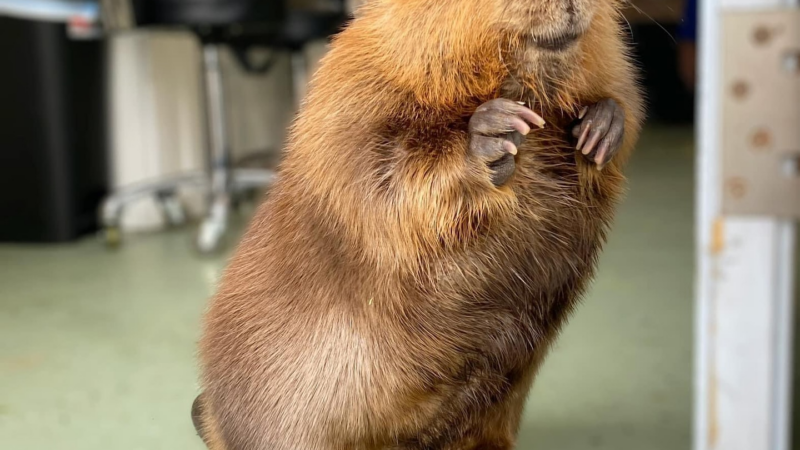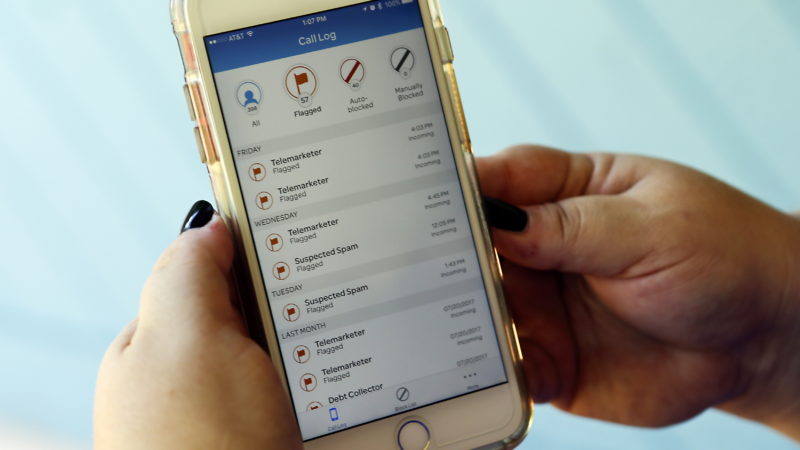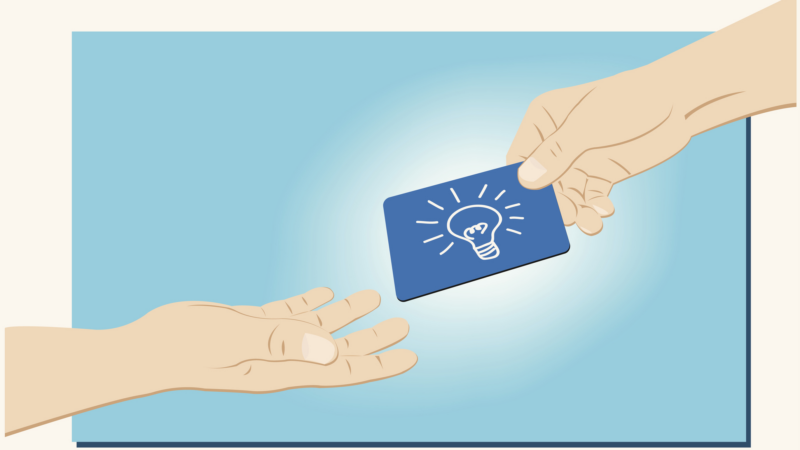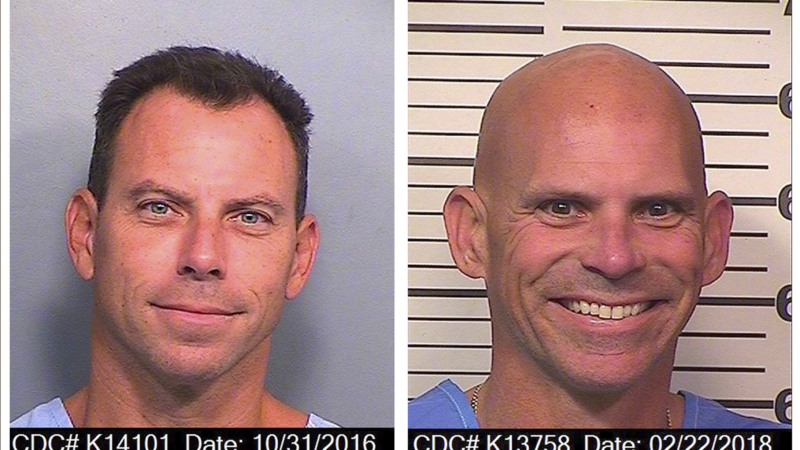The tricky etiquette of parenting in public
What do you do if your toddler steals a child’s toy on a playdate? Has a tantrum at the supermarket? Gets pushed by a kid at the park?
These are common behaviors for toddlers and preschoolers who are still learning how to act around others and regulate their emotions. But for many parents, these moments are a struggle to manage — especially when they happen outside the routine and comfort of home.
“We sometimes feel on the spot when we’re in public,” says Celina Benavides, a developmental psychologist and a professor at Oxnard College in California. “We feel the judgmental eyes from other people, and that can shape how we parent and how children might respond to us.”
So how should parents address their kid’s challenging behavior in public? Benavides answers five questions from NPR listeners. And she shares what they can do to prevent these scenarios from happening in the future.
1. The last time I was at the grocery store, my toddler started screaming in the middle of the produce section. I could feel the eyes of other customers on us and worried they thought I was a bad parent. What can I do to calm my kid down in those moments?
Pause and take a deep breath. Yes, these moments can feel triggering. But Benavides says our children will respond more calmly if we ourselves are calm. Make eye contact, get on their level and keep your voice even.
Sometimes, young children melt down because they want agency in a situation, Benavides says. So try to distract them by giving them choices. You might say, “Do you want to grab that onion or do you want me to grab it and you can carry it?”
Other times, they melt down because they’re tired or overstimulated, Benavides says. If you can’t simply pack up and leave the supermarket, find a quieter area where fewer people are around. A little privacy can help your child by reducing stimulation — and shelter you, the parent, from the watchful eyes of others.
2. I’m a mom to an active, outgoing 3-year-old, and I’m terrified whenever we have to fly anywhere. On a plane, it feels like we’re trapped, and it’s embarrassing and overwhelming to be the one in charge of the kid having a meltdown on the plane. The last time we flew, a well-intended stranger suggested that our child was screaming because she didn’t respect us, a new level of humiliation for us. How should I have responded to this stranger?
It’s OK to verbalize a boundary with people commenting on your parenting by saying, “Thanks for your suggestion, but this is how I’m going to do it,” or simply say, “Yeah, we’re having a hard moment,” says Benavides.
But you only have so much energy, and the most important thing is to focus on helping your child navigate a difficult situation, she says. You’re not going to do everything perfectly — and neither will your child — and that’s OK.
3. At the park recently, a boy came up behind my 2-year-old son and smacked him on the back of the head just so he could climb the stairs before he did. Then he pinched and pulled my son’s arm! The parents were right there, but they didn’t say anything or apologize. We ended up just leaving the park. What else could I have done?
It’s always OK to simply remove your child from situations that don’t feel safe, says Benavides.
But if you choose to engage, focus first on the child who was harmed. Voice what just happened. Benavides says you might say, “That doesn’t look like it felt good. I can see that you’re upset. Do you want to talk about it?”
Then move on to the child doing the harm. You might say, “It looks like the other child didn’t feel good about what happened. What can we do?” The goal in this situation is to help the children repair the relationship and play together in a healthy way rather than just separate them, says Benavides.
Finally, debrief with your child afterward, she says. Start a conversation about the incident by saying, “I noticed this happened at the park earlier. That was a hard moment.” This can help them process their feelings in a calmer environment while showing them you’re there for safety and reassurance.
4. A few weeks ago, my 18-month-old son was at a kid’s party. And he did something I was not prepared for: He grabbed an older child’s shirt, then stole a dump truck toy from his hand! The other child started crying. My son looked on, confused, but didn’t give the dump truck back. Should I have intervened?
As long as you’re not concerned for either child’s safety, your role is to help your kid figure out how to name and resolve the dilemma on their own. Benavides recommends pausing before jumping in, and if you do need to intervene, label what you’re seeing and ask questions.
For example, Benavides says you might say: “I see we only have one toy and both of you want it. What can we do?” If needed, prompt them to think about a solution: “What if we try taking turns? What would that look like?” By giving them an opportunity to come up with ideas on their own, you’re creating a teaching moment.
5. I’m terrified to take my child to the store because I know she’s going to want me to buy her a toy — then have a meltdown when I say no. What can I do to avoid this situation in the future?
Before you go, decide what boundary to set. Then describe what’s going to happen in a way that gives your child something to look forward to. Benavides suggests telling your child: “We’re going shopping. There will be lots of toys there, and you can pick something out of the $3 bin.” Or, “We’re not going to buy any toys today, but when we leave, we’re going to go to the park.”
Make the store experience more fun by including your child in the process. They can be in charge of putting items in the shopping cart, for example. Benavides says she gives her 6-year-old the shopping list and lets her cross off items as they go. These kinds of interactions help your child feel valued.
The audio portion of this episode was produced by Andee Tagle. The digital story was edited by Malaka Gharib. The visual editor is Beck Harlan.
We’d love to hear from you. Leave us a voicemail at 202-216-9823, or email us at [email protected].
Can someone find out who you voted for? No. Here is what you should know
As Election Day approaches, many Americans are questioning the secrecy of their ballots. We explain what you should know about privacy and casting a ballot.
Why Massachusetts loves Nibi the beaver and is fighting to keep her out of the wild
For the past several weeks, the beloved beaver has been embroiled in a court battle over whether she should return to the wild or stay at the rescue center where she has lived since she was a newborn.
Opinion: Political texts are pinging off the rails
NPR's Scott Simon wishes we could text them back when politicians message us asking for campaign donations.
A controversial but effective treatment for meth addiction gains ground
Policymakers in California embrace a proven but unorthodox treatment for meth and cocaine addiction: Give people gift cards to stay off the drugs.
The Menendez brothers’ murder case is getting a fresh look. Here’s why
In 1996, Erik and Lyle Menendez were convicted and sentenced to life in prison without the possibility of parole. Los Angeles prosecutors said this week they are taking another look at the case.
Trump is returning to Butler, the site of the 1st assassination attempt against him
The rally will mark Trump's first time back in the Pennsylvania city since the failed assassination attempt against him in July. The guest list will include a shooting survivor, as well as Elon Musk.
